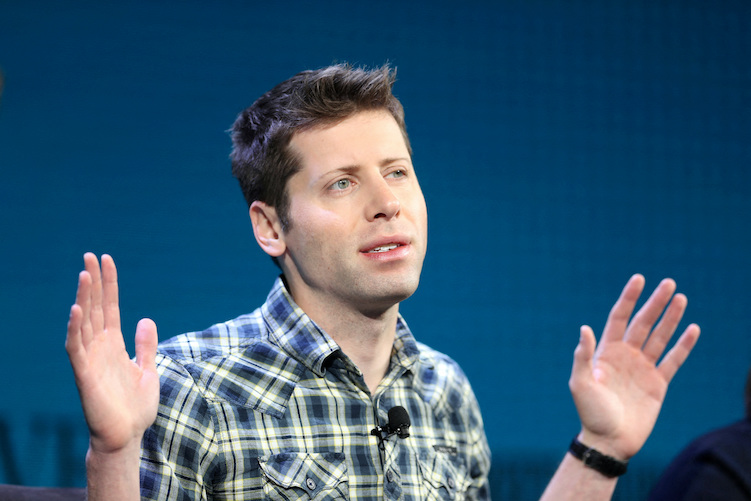The CEO of OpenAI, the startup behind ChatGPT, told US lawmakers on Tuesday he strongly urges more regulation to prevent harm from being done by artificial intelligence (AI).
“My worst fear is that we, the industry, cause significant harm to the world. I think, if this technology goes wrong, it can go quite wrong and we want to be vocal about that and work with the government on that,” OpenAI’s chief executive Samuel Altman told a Senate panel on Tuesday afternoon.
He feared AI may be used to interfere with elections, so that was a “significant area of concern” that he felt needed rules and guidelines.
For months, companies large and small have raced to bring increasingly versatile AI to market, throwing endless data and billions of dollars at the challenge. Some critics fear the technology will exacerbate problems in society, such as prejudice and misinformation, while others warn AI could end humanity itself.
ALSO SEE:
Chinese General Urges More Use of ‘Tech, Financial’ Warfare
“There’s no way to put this genie in the bottle. Globally, this is exploding,” Senator Cory Booker, one of many lawmakers with questions about how best to regulate AI, said.
Senator Mazie Hirono noted the danger of misinformation as the 2024 election nears. “In the election context, for example, I saw a picture of former President Trump being arrested by NYPD and that went viral,” she said, pressing Altman on whether he would consider the faked image harmful.
Altman responded by saying that creators should make clear when an image is generated rather than a real photo.
Licensing may be needed
Speaking before Congress for the first time, Altman suggested that, in general, the US should consider licensing and testing requirements for development of AI models.
Altman, asked for his opinion on which AI field should be subject to licensing, said a model that can persuade or manipulate a person’s beliefs would be an example of a “great threshold.”
He also said companies should have the right to say they do not want their data used for AI training, which is one idea being discussed on Capitol Hill. Altman said, however, that material on the public web would be fair game.
Altman also said he “wouldn’t say never” to the idea of advertising but preferred a subscription-based model.
The White House has convened top technology CEOs including Altman to address AI. US lawmakers likewise are seeking action to further the technology’s benefits and national security while limiting its misuse. Consensus is far from certain.
An OpenAI staffer recently proposed the creation of a US licensing agency for AI, which could be called the Office for AI Safety and Infrastructure Security, or OASIS.
OpenAI is backed by Microsoft Corp. Altman is also calling for global cooperation on AI and incentives for safety compliance.
Christina Montgomery, International Business Machines (IBM) chief privacy and trust officer, urged Congress to focus regulation on areas with the potential to do the greatest societal harm.
- Reuters with additional editing by Jim Pollard
ALSO SEE:
Beijing Unveils Sweeping Laws to Regulate ChatGPT-Like AI Tech
China Tech Fighting Over AI Talent in ChatGPT Chase – SCMP
Baidu Says Ernie Bot Will ‘Revolutionise’ its Search Engine
China Wants To ‘Integrate’ ChatGPT-Like Tech in its Economy
AF TV – China beats US in AI: Ex-Pentagon Tech Chief
























